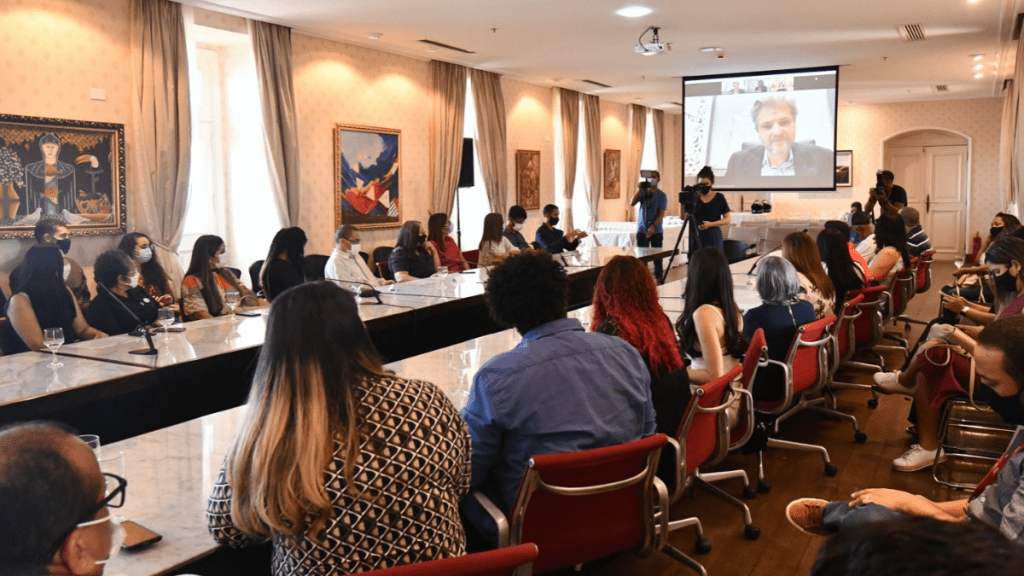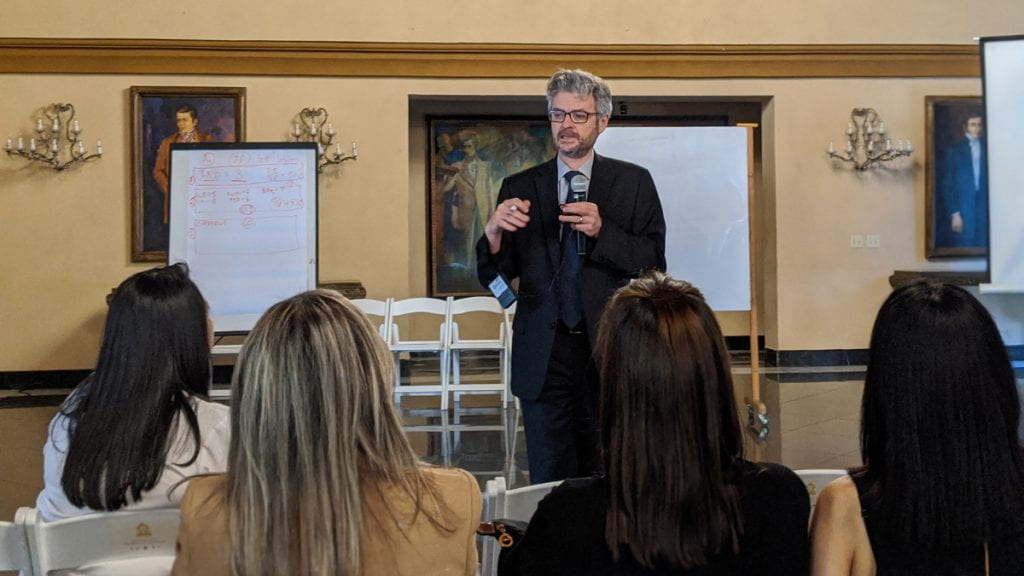Guest blog written by Fadila Leturcq “Le savoir est une arme” (“Knowledge is a weapon” in English) is a recurring punchline in French rap lyrics and one that resonates with me when I take the time to reflect on my journey through the IPP program. “Le savoir est une arme ” suggests that learning, acquiring…Continue Reading Inclusion of youth in public and private decision-making bodies in France
Inclusion of youth in public and private decision-making bodies in France





